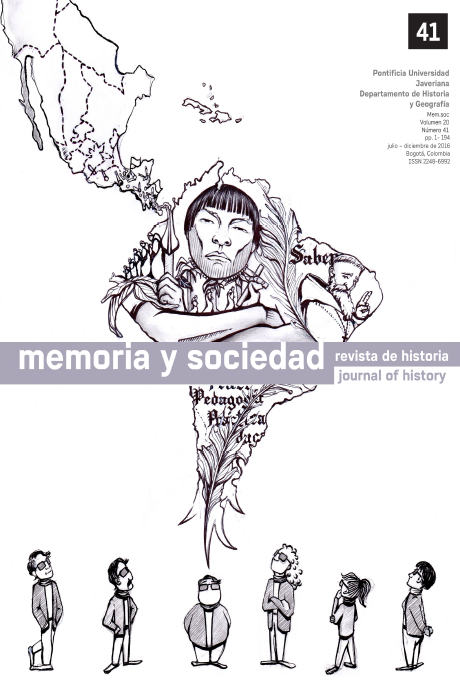Abstract
Three axes of thinking can be found in Michel de Certeau’s oeuvre. These three axes remain a constant in his work on theology, historical interpretation, sociology, political anthropology and psychoanalytical thinking. In the first place, Certeau shows a recurring concern for the places and modes of knowledge production. Secondly, Certeau constantly looks for and examines what he calls the «arts of doing», that is, the modes of everyday consumption, particularly, the ways ordinary citizens receive, live, transform and resist hegemonic interpellations from the State, the productive apparatus and the mass media. Thirdly, Certeau develops a sustained reflection on the question of otherness, its place in society, its social production in and through the act of interpretation, and the ethical and political demands placed by it. The essay explores in depth the reach and nature of this last axis and its implication for the practice and future of the humanities and the social sciences.
The journal Memoria y Sociedad is registered under a Creative Commons Attribution 4.0 International Public License. Thus, this work may be reproduced, distributed, and publicly shared in digital format, as long as the names of the authors and Pontificia Universidad Javeriana are acknowledged. Others are allowed to quote, adapt, transform, auto-archive, republish, and create based on this material, for any purpose (even commercial ones), provided the authorship is duly acknowledged, a link to the original work is provided, and it is specified if changes have been made. Pontificia Universidad Javeriana does not hold the rights of published works and the authors are solely responsible for the contents of their works; they keep the moral, intellectual, privacy, and publicity rights.
Approving the intervention of the work (review, copy-editing, translation, layout) and the following outreach, are granted through an use license and not through an assignment of rights. This means the journal and Pontificia Universidad Javeriana cannot be held responsible for any ethical malpractice by the authors. As a consequence of the protection granted by the use license, the journal is not required to publish recantations or modify information already published, unless the errata stems from the editorial management process. Publishing contents in this journal does not generate royalties for contributors.

